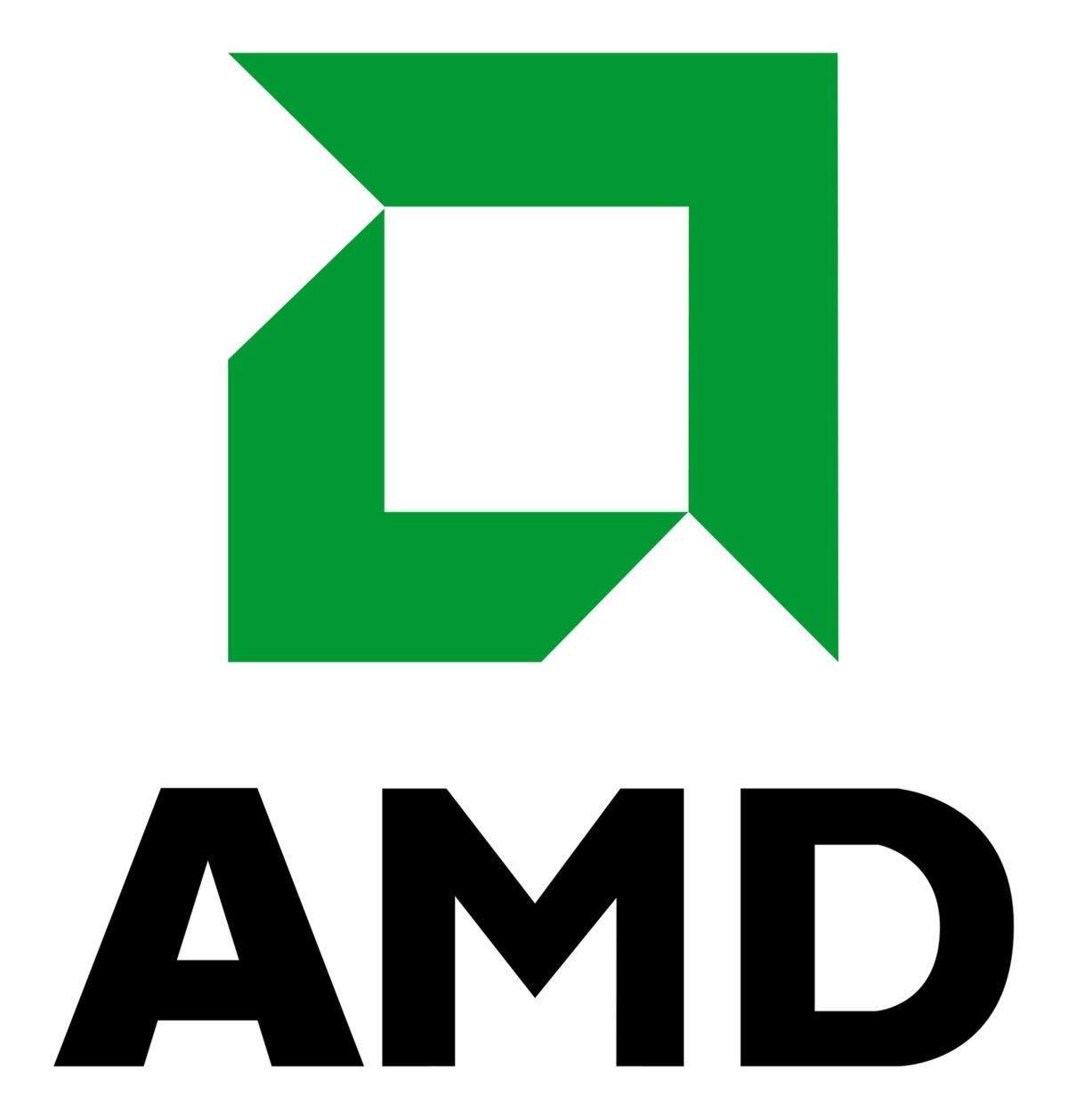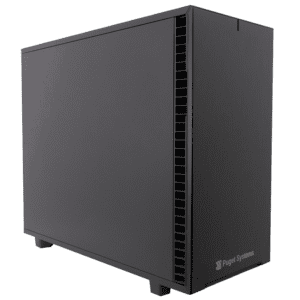Dynamic Local Mode is a new feature on AMD’s biggest Threadripper processors. These CPUs have cores grouped internally, some with direct access to system memory and some which have to communicate through those other cores to access data in memory. DLM prioritizes running code on the cores which have a direct line to the memory, helping to improve performance in situations where not all of the cores are in use. How does that translate to real-world workloads, though? Let’s take a look at two photogrammetry applications and see how the 24-core 2970WX behaves with this feature on and off.










